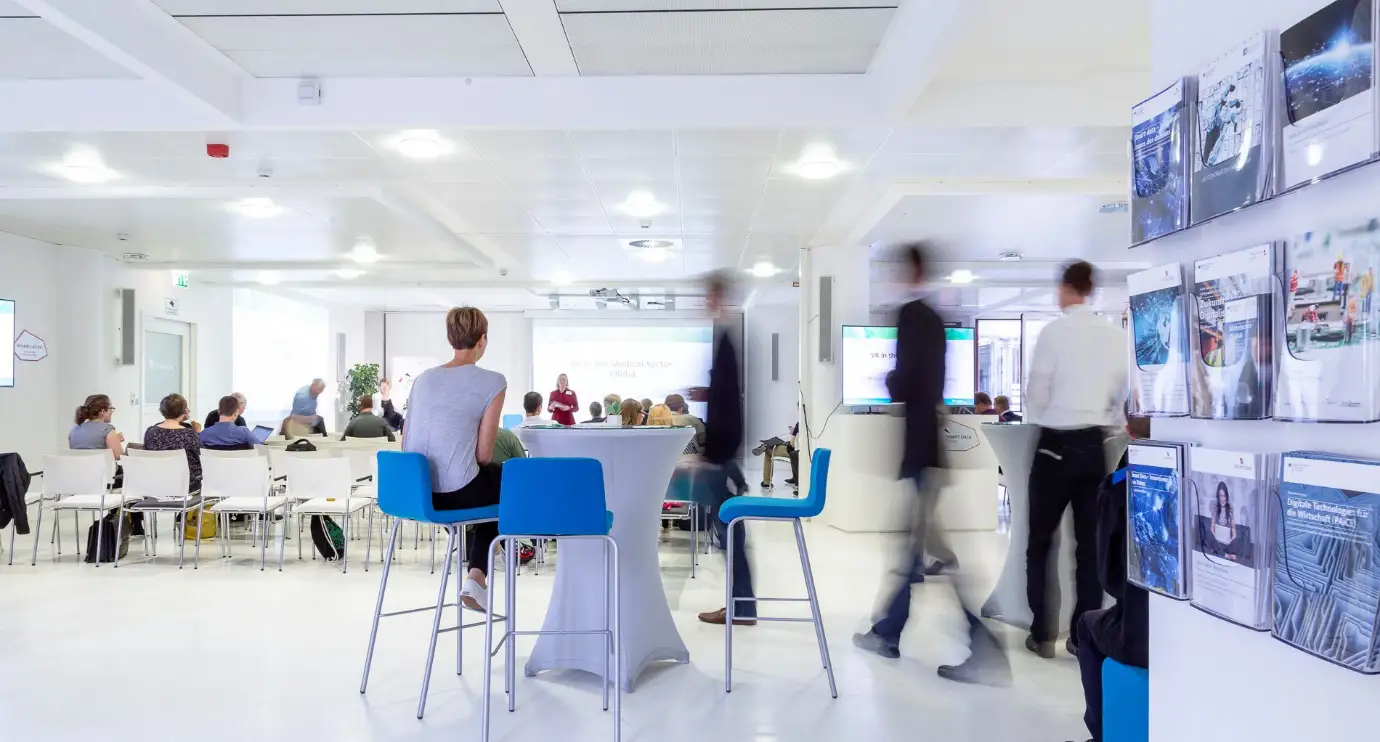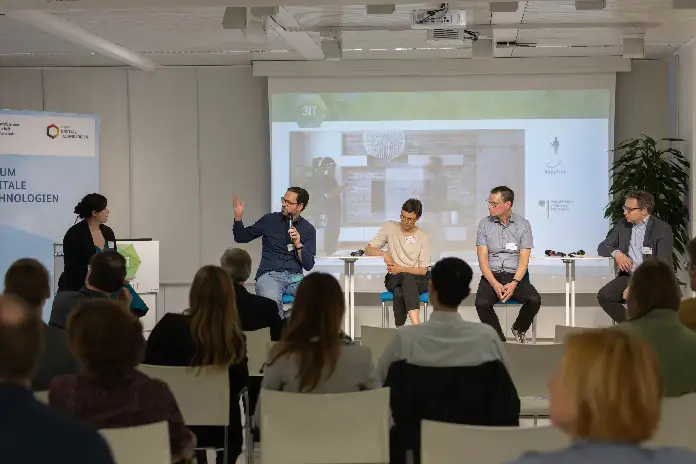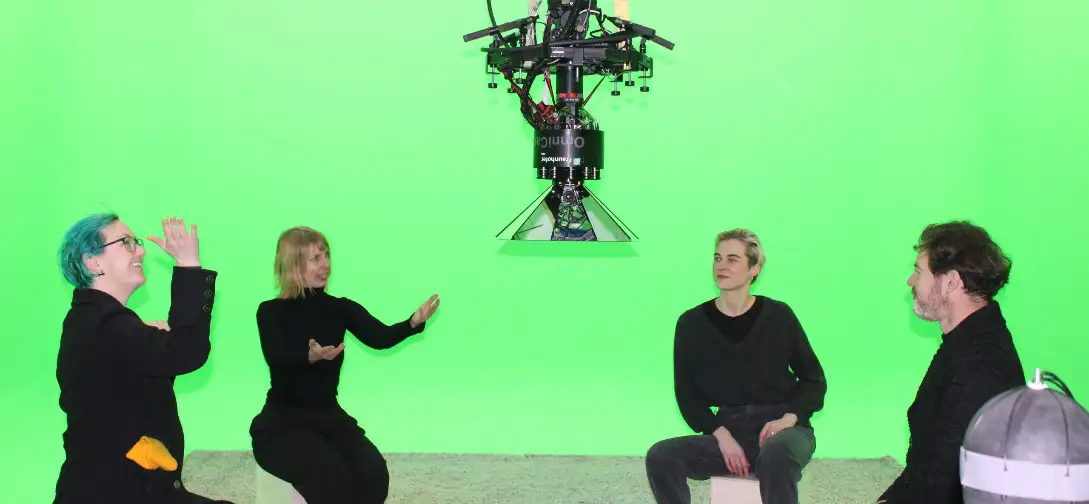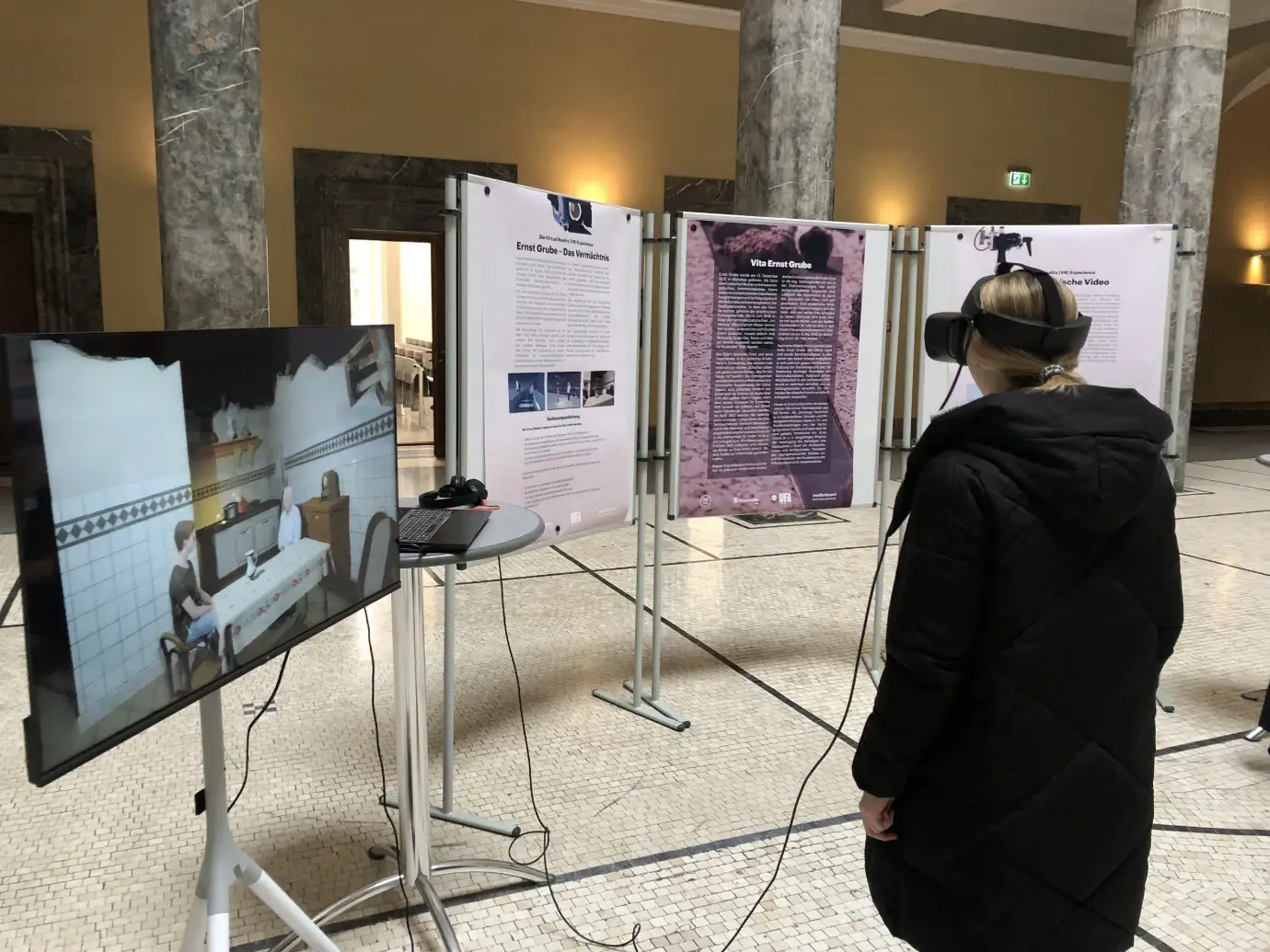The 6th ITG/VDE Graduate Summer School on Video Compression and Processing aimed at providing a forum for informal knowledge exchange and discussion of innovative research ideas among doctoral students working in the field of image and video communication and image signal processing. The atmosphere of the summer school was intended to be very informal and less restrictive than a typical workshop or conference, thus stimulating discussions and inspiring joint research among the participating PhD students. Topics of interest included but were not limited to:
⦁ Techniques for next generation image and video coding
⦁ Machine learning for image, video and data processing and compression
⦁ Compression algorithms for 2D, 3D, 360-degree and multi-view video and images
⦁ Coding and processing of multispectral data
⦁ Image and video signal analysis
⦁ Quality assessment/Quality of experience
⦁ Virtual, mixed and augmented reality
⦁ Technology for video transmission and networked systems
⦁ Architecture and implementation aspects
Contributions focused on novel research aspects, but did not have to provide unpublished material. Presentations, posters, or demos rather gave an overview of the participant’s research fields including challenges, open topics, and problems in current research. The aim was to bring together young researchers with similar topics and provide a basis for fruitful scientific discussions, motivating future cooperation.
Invited Lecture
Lecturer:
Jonathan Pfaff
Title:
Machine learning methods for video compression
Abstract:
The basic principle of video compression is to exploit redundancies in the underlying signals. On the other hand, powerful methods in the field of machine learning have been developed to discover hidden patterns in large sets of data. Therefore, a central direction of current research in video compression is to investigate if and how machine-learning methods can be used to improve state of the art video coding technologies. In this lecture, we will describe some recent approaches to this problem in more detail. First, we plan to give an overview on some “end-to-end” compression systems, which aim to completely replace block-based codecs by trained convolutional neural networks. Then, we want to describe some research works that aim to improve only specific building blocks of modern hybrid video codecs like in-loop filtering or prediction.
How to participate
⦁ The summer school was open for PhD and advanced master students, for post docs, and academic advisors working in the research areas listed. The working language at the summer school was English. Participants were encouraged to present and discuss their research in oral and poster presentations.
⦁ To apply for a presentation, participants needed to submit a title, a short abstract (approximately 200 words), and preference oral/poster. Upon acceptance, participants needed to register for the Summer School.
⦁ Participants without a presentation were welcome and requested to register.
⦁ Submission/Registration/Payment and Important Dates provided details in the sections below.
Awards
Best Presentation Award
Directly after the last presentation at the Summer School the participants voted democratically for their favourite presentation. Find more information on the two winners in the section below.
Joint Research Incubator Award
Up to two awards will be given, each one comes with a certificate and a prize money of 1.000 Euro. Find all details on how to participate in the section below!
Scientific Chairs
André Kaup, Friedrich-Alexander-University Erlangen-Nürnberg, Germany
Jens-Rainer Ohm, RWTH Aachen University, Germany
Dietmar Saupe, University of Konstanz, Germany
Ralf Schäfer, Fraunhofer Heinrich Hertz Institute – Berlin, Germany















